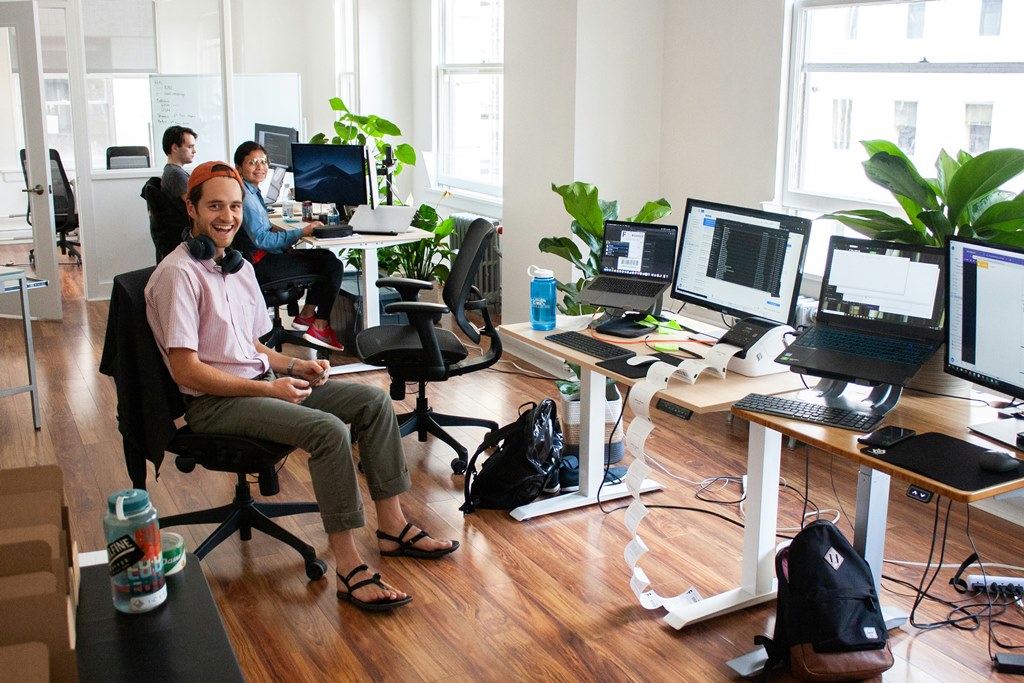(AFP) – Sedentary lifestyles, particularly among office workers who spend long hours seated without regular breaks, are contributing to a growing health issue, affecting both physical and mental well-being.
The World Health Organization (WHO) highlights that a sedentary lifestyle is a major risk factor for non-communicable diseases, which lead to increased mortality rates globally. Reducing prolonged sitting is crucial, but for those working in office settings, this can be a challenge.
In a bid to address the issue, sports equipment manufacturer Asics teamed up with Dr. Brendon Stubbs from King’s College London to conduct a study with 80 office workers. The experiment aimed to explore effective strategies for combating physical inactivity in office environments. The results were revealing: just 15 minutes of physical activity was sufficient to counteract the negative effects of two continuous hours of sitting.

Dr. Stubbs’ research team discovered that participants who took 15-minute breaks during the workday experienced a significant 14.7 per cent reduction in stress levels after just one week. Furthermore, those who moved regularly were not only less stressed but also more productive, with a 33.2 per cent increase in efficiency and a 28.6 per cent boost in concentration.
The study also found that the mental well-being of workers improved by 22.5 per cent over a few days. This highlights the considerable impact that long periods of inactivity can have on overall morale, reinforcing the need to incorporate more movement throughout the workday.
Simple actions, such as walking to a coworker’s desk, taking phone calls while standing, or opting for stairs instead of the elevator, can break the cycle of inactivity in an office setting. Though it can be challenging to find time for breaks during a busy day, short periods of movement every couple of hours can significantly contribute to better physical health and mental well-being.
With some planning and effort, incorporating these small but vital breaks into the workday can prove to be a valuable investment in one’s health.





